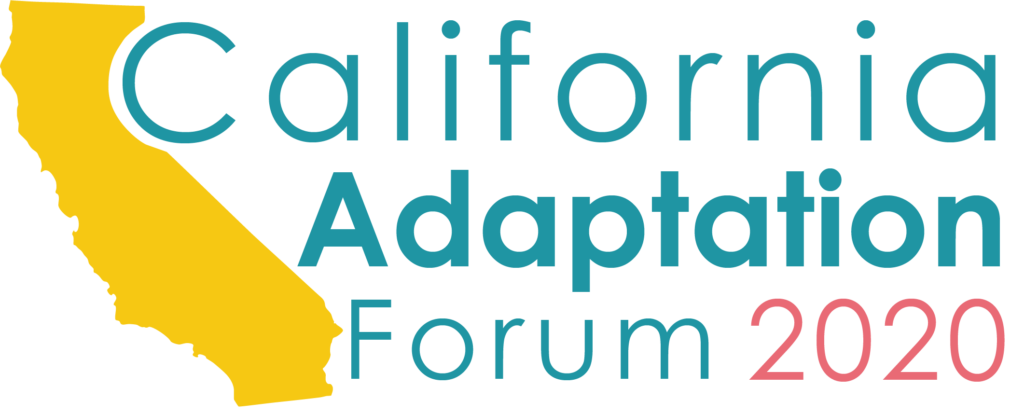Originally published in The Seattle Times
Good science is critical to our health, ability to live full lives and community well-being. We use science to advance medicine, enhance our use of natural resources, ensure our food supply and much more. That’s why more than a million people around the world joined the March for Science in 2017 and why we are gearing up again to march for science on April 14.
Western science is just one way of knowing. Indeed, traditional knowledge and wisdom of indigenous peoples is recognized by the United Nations for its potential to sustainably manage complex ecosystems. Yet all too often, Western science has disregarded centuries of science-based knowledge coming from Native Americans and other indigenous peoples.

Indigenous peoples have lived in our particular locations for many generations, and we define ourselves in relation to our home environment. Our deep and long-standing relationships with the environment are unique; our very existence depends on our ability to conserve and maintain our lands and waters for future generations.
Today, tribes, First Nations, indigenous peoples and Aboriginals are sounding a loud alarm about the impacts of climate change. Rising sea levels, broken natural systems, and increasing fire and flooding are apparent and documented. For example, stocks of many fish species like Pacific hake are sensitive to ocean temperature along the California Current, and recent declines in their numbers have serious implications for the well-being of my own Makah Tribe.
While others debate the causes of climate change, we who live close to the land are experiencing major impacts from our changing climate and call for immediate and strong action to protect the resources on which we all rely. We can’t afford to disregard indigenous knowledge about climate change.
Growing up as a member of the Makah Tribe, I relied on the empirical knowledge of my ancestors to determine where to fish and how to locate other sources of food. My community relied on indigenous experiences to understand how to keep ourselves healthy.

When I was a child, my father taught me to navigate our ocean territory through currents, tides and landmarks. This knowledge, along with the life cycle of fish and time of year, allowed for the successful, sustainable harvest of species such as halibut, black cod and lingcod. In the years that followed, my peers and I transferred knowledge to other members of the family who integrated the information into current fishing and management practices.
As a youth, I’d get up in the mornings, often before sunrise, and leave the house overlooking a beach. There was no backpack, no lunch box. I was taught what our land would provide through all the seasons: roots, berries, sea urchins and mussels, to name a few. The knowledge of how, where and when to harvest is a way of life, always done in a manner that ensures the resources are sustained for the next person. These teachings and values laid the foundation for the work I completed in tribal leadership.
To our north, Tlingit and Haida elders observe young herring following older herring to spawning grounds. When industrial fishing removes the elder herring from spawning sites, the stock is destroyed, as the young fish can no longer find their way home. Failure to heed these traditional observations is leading to the demise of herring and threatening aspects of Tlingit and Haida culture that are closely tied to herring.
A recent news item featured the astonishing observation that birds in Australia intentionally spread fire by carrying burning sticks. While this is fascinating, it has long been known to the Aboriginals. Using fire as a management tool is widespread throughout indigenous cultures. Makah is no exception. For centuries our ancestors used fire to manage crops of cranberries and tea. These resources are currently threatened by our changing climate, as well as the laws and regulations that govern the use of fire.

Respecting and embracing indigenous knowledge as important science benefits all of us. In looking for solutions to the environmental dilemmas that confront us, it is critical to apply indigenous knowledge. All of us are looking for a better understanding of the Earth and her ecosystems. By integrating traditional knowledge with Western science, together we can solve some of our biggest challenges, including those brought by our changing climate.
As communities worldwide prepare to March for Science, this focus is appropriate and important. Threats to scientific knowledge must be rejected, and decision making based on fact must be embraced. Equally important, we should also embrace 10,000-plus years of field observation by indigenous peoples around the world.
This empirical knowledge has sustained people and cultures and has laid the groundwork for many modern “discoveries.” Indigenous peoples are truly the experts of their area and place, with a deep understanding of the interconnectedness of nature and our role in conserving resources for future generations.

